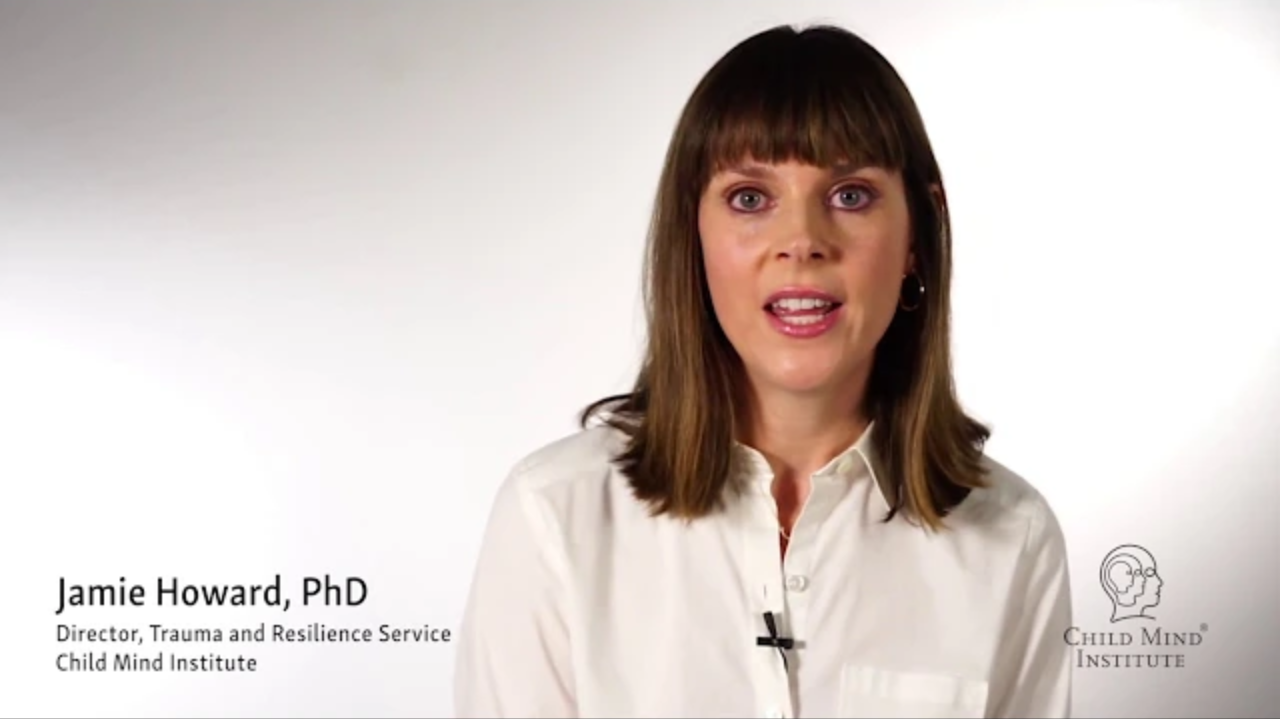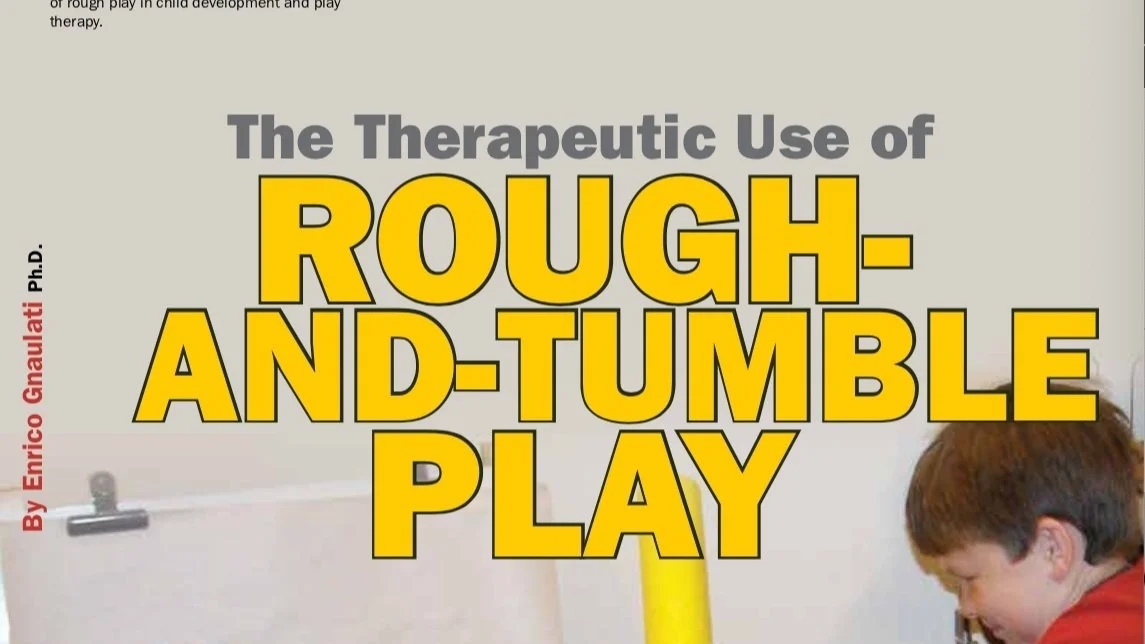
Helping Your Child Manage Anger: When to Seek Child Anger Management Therapy in Singapore
Learn how to recognize when your child’s anger goes beyond normal frustrations. This guide explains the signs that suggest professional support is needed, the benefits of child anger management therapy in Singapore, and how early intervention can help children develop healthier coping skills.

Comparing Popular Child Therapy Techniques: CBT, Play, Art, and More
Understand the differences between popular child therapy techniques, including cognitive behavioral therapy (CBT), play therapy, art therapy, and more. Learn how each method works, what challenges they address, and how to choose the best approach to support your child’s unique needs.

How Emotionally Focused Couple Therapy Helps Rebuild Connection
Rebuild Connection through Couples Therapy

Autism Assessment Singapore: Early Signs, Screening Options, and Next Steps
Doctor Talking to a Parent and a Child about Autism Assessment in Singapore

A Clinical Overview: What Can Therapists Do for Mental Health in Singapore?
Discover what therapists can do to diagnose and treat common mental health conditions like anxiety, depression, PTSD, and OCD using evidence-based techniques.

How to Look for a Therapist You Can Trust: Red Flags to Avoid
Learn how to look for a therapist while avoiding common red flags. Spot unethical practices, lack of credentials, or poor therapeutic fit early on.

5 Ways How Couples Therapy Can Strengthen Emotional Intimacy
Emotional intimacy is a key component of any healthy relationship. The bond allows partners to connect meaningfully and share their thoughts, feelings, and vulnerabilities.
However, many couples may struggle to maintain this closeness in today's fast-paced world. This is where couples therapy and relationship counseling come into play. These therapies provide a safe space to explore emotions, communicate better, and resolve conflicts—ultimately strengthening emotional intimacy.
In this article, we’ll explore five ways couples therapy can help strengthen the emotional connection between partners and help build a healthier, more fulfilling relationship.

Understanding Autism: A Child Psychologist's Perspective
Autism Spectrum Disorder (ASD) is a developmental condition that affects how a child perceives and interacts with the world. Understanding autism is essential for early diagnosis, which can lead to better support and outcomes for the child.
A child psychologist in Singapore plays a crucial role in identifying autism and guiding children and their families. This article will explore autism, the signs to look out for, the autism assessment process, and how a child psychologist can help.

How Psychotherapy Can Improve Emotional Intelligence in Adults
Emotional intelligence (EI) is a crucial skill that helps us understand and manage our emotions while connecting with others more effectively. It is vital in improving relationships, managing stress, and making sound decisions. However, developing emotional intelligence can be challenging for many adults. Fortunately, psychotherapy for adults offers a practical and guided way to enhance EI.
This article will explore how psychotherapy in Singapore can help improve emotional intelligence, its many benefits, and why it is a powerful tool for personal growth.

Musical Human Connection & The Brain
Newly published research in American Psychologist presents a neuroscientific understanding of group music making. The research conducted by Bar-Ilan University and the University of Chicago introduce how brain functions including empathy circuits, reward and motivation, dopamine release, language structures and cortisol are impacted by the social act.

"Time Affluence" & "Mind Forged Manacles"
Dr. Laurie Santos explores the psychological benefits of decluttering our calendars and planners. Her discussion with co-founder of Idler, Tom Hodgkinson presents the potential benefits of time spent wandering, thinking, and napping on leading happy, fulfilled, and creative lives. This podcast helps listeners think about how to “give ourselves the benefit of time“.

Singapore Connect Community Forum - Mental Health & COVID-19
Singapore Connect is a voluntary non-profit organization supporting a community of overseas Singaporeans.
Featured as a guest speaker on the weekly COVID-19 Community forum, Dr. Benjamin addresses several mental health concerns and answers questions from community members.

Talking to Children about the Caronavirus (Part II)
As 24-hour news cycles and increasing unpredictability continue to amass around the globe, children are soaking up information regarding the caronavirus COVID-19 from teachers, friends, and their parents.
Dr. Jamie Howard from the Child Mind Institute describes strategies for parents to consider to help children manage their anxiety and questions about the current health crisis.

Talking to Children about the Caronavirus (Part I)
"The world is uncertain and as parents, we can’t guarantee that bad things won’t happen"
Dr. Annie Simpson explores the societal impact the novel coronavirus or COVID-19 presents while also outlining helpful pointers for parents. To access the article, click here.

Managing Child Nightmares
Bedtime fears and nightmares may arise due to various reasons in children. Although psychotherapy and parenting consultations offer a tailored and comprehensive approach to addressing nightmares, there are various things parents and caregivers can do at home to help children facing these challenges.

Generation Z - The Loneliness Generation?
Rainn Wilson and Reza Aslan explore findings from the Cigna Corporation’s recent study on loneliness in their podcast, Metaphysical Milkshake. The Cigna 2018 U.L. Loneliness Index, which was based on findings from a survey of 20,000 U.S. adults, reveals that Generation Z (adults ages 18-22) are considered the loneliest population in the country.

The Rewards and Challenges of National Service
In collaboration with Sassy Mama - Singapore, Dr. Benjamin shares his experience serving in the Singapore’s Armed Forces. As there are many forms of National Service in Singapore, an array of potential challenges and rewards are afforded to national servicemen and women. In his article, Dr. Benjamin discusses some of his own.

The Therapeutic Use of Rough-And-Tumble Play (Gnaulati, 2013)
Dr. Enrico Gnaulati presents and discusses the therapeutic impact of rough-and-tumble play when working with child clients in Play Therapy Magazine . Dr. Benjamin has collaborated with the author in providing play therapy to children and draws from various approaches outlined in the article when working with children. To access the article, click here.

How to manage your child’s screen time (Steele, 2019)
Building upon recommendations from the Academy of American Pediatrics recommendations on limiting screen time for children, Billy Steele of Engadget presents concrete ways in which parents can implement plans to limit access to iOS, Android, Xbox, PlayStation, Nintendo Switch, and WiFi access. To access the full article, click here.

Digital Guidelines: Promoting Healthy Technology Use for Children (APA, 2019)
Given the rise of various electronic devises, digital connectivity, and access points to gaming parents face a significant challenge in creating and sustaining a healthy environment for children and teens. The American Psychological Association recognizes this and offers various guidelines informed by the American Academy of Pediatrics recommendations for children’s media use. To read more, click here.
